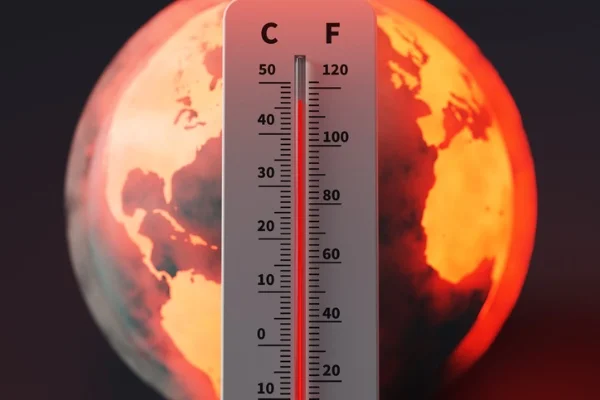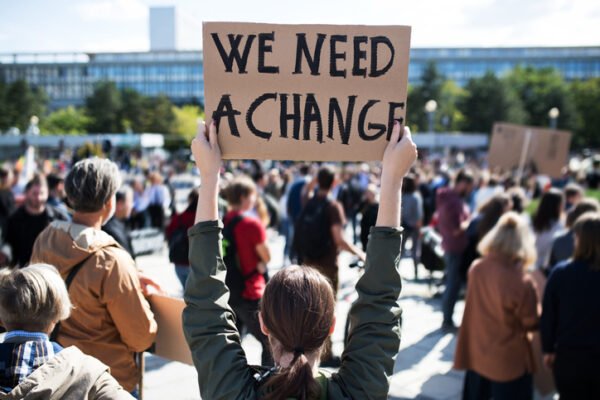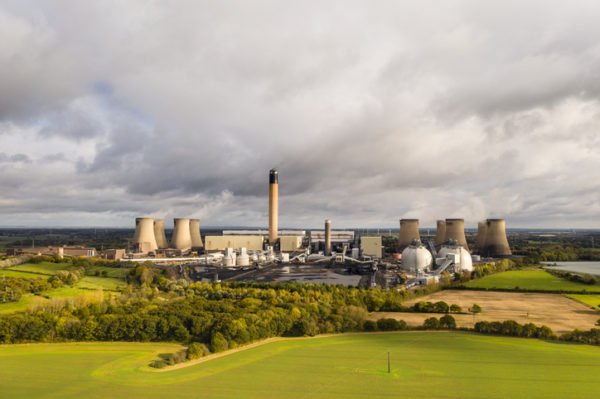Without that readiness to stand up and be counted, standard corporate solutionism offers no reassurance.
Few solutions. No grounds for optimism – stubborn or otherwise. This would appear to leave us with a difficult choice: hang in there with the hope-mongers, however naïve their political instincts may be, or throw in your lot with the doom-mongers, however disastrous that might prove to be – both psychologically (on a personal basis) and politically.
Hope – and more
Fortunately, it ain’t that binary! The truth of it is that we do indeed need everything on the solutionists’ agenda. We need all that technology, and a lot more besides.
And that revolution is well and truly underway: investments in renewables accounted for an astonishing 86% of all new capacity in 2023.
I’ve heard Mark Jacobson (author of No Miracles Needed: How Today’s Technology Can Save Our Climate) speak on a number of occasions – and I’m a BELIEVER!
We still need all those progressive companies to help smooth the path to a sustainable global economy.
I’ve just spent the last 30 years working with some of the best of them, and I know what they could do if they weren’t so cravenly enthralled by today’s all-powerful shareholder-first capitalism.
And, yes, guess what? People really do expect more of their politicians. And as things get grimmer (which they will), it’s still possible that they will rise up to protect literally everything that matters to them in their lives.
It all comes down to that: will we see a massive ‘rise up’ social tipping point kicking in before a dozen or more physical tipping points take us into irreversible changes? Or will that moment come too late?
That possibility is why I’m doubling down on my criticism of the stubborn optimists and indefatigable solutionists peddling their hopium in a way that is detached from political reality.
We have to make sure hope is not being deployed as a mechanism to maintain the status quo.
Finding your sweet spot
The author David Lambert is keen to strip away all the illusions around the standard hope trope: ‘Recently, the insistence on hope seems to be getting political. That beautiful word now seems to have a shadow, a doppelgänger, and I have started to wonder why. There is something not quite right about the optimism and positivity espoused by business and political leaders; something almost coercive. And likewise, there seems to be a new level of vehemence around insisting we must have hope.’
I can’t pretend that those words don’t make me uncomfortable. Personally, I often find myself conflicted trying to keep the balance between authentic hope and gratuitously disempowering despair.
All I know is that we all have an obligation, right now, to find our very own ‘sweet spot between hope and despair’ – and then live by that as bravely as possible, in everything we do.
 Play Video about This Rock Might Just Save The World
Play Video about This Rock Might Just Save The World Play Video about Play 2 hours of rock
Play Video about Play 2 hours of rock Play Video about Play 2 hours of brook
Play Video about Play 2 hours of brook Play Video about Play 2 hours of sheep
Play Video about Play 2 hours of sheep















































